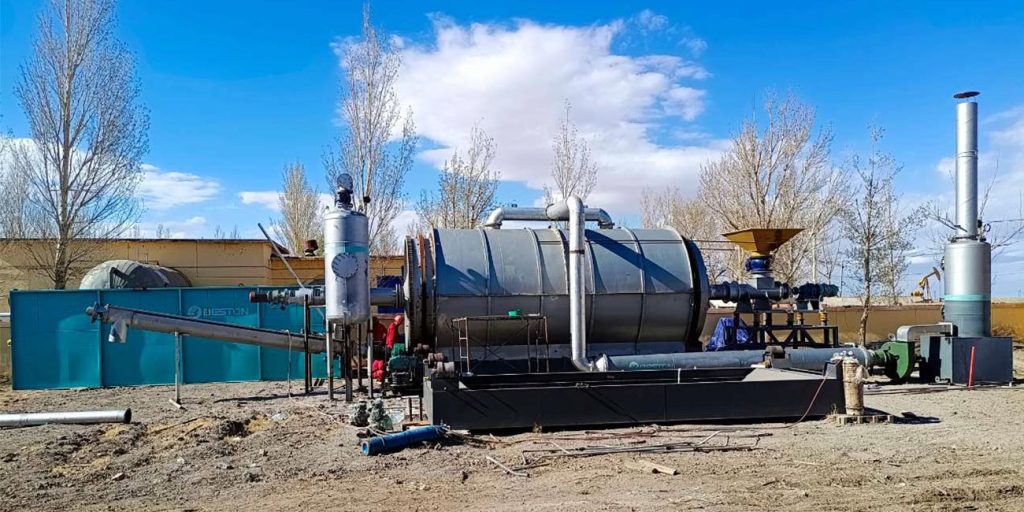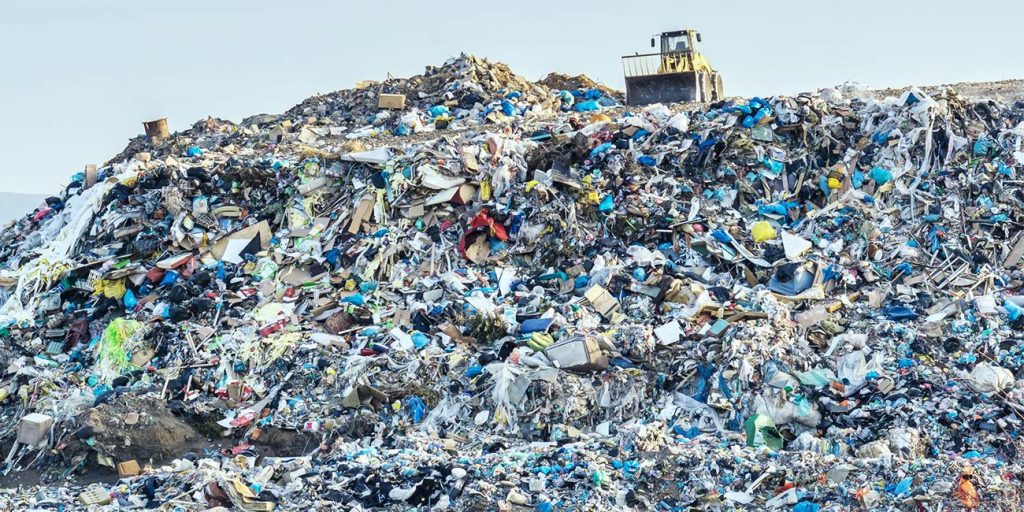The Growing Demand for Pyrolysis Plants: An Overview and Investment Opportunities
As the world increasingly seeks sustainable solutions to waste management and energy production, pyrolysis plants are emerging as a vital technology in the environmental technology landscape. Pyrolysis, the process of decomposing organic material at high temperatures in the absence of oxygen, is pivotal not just in waste reduction, but in producing valuable byproducts such as bio-oil, char, and syngas. These can be used as alternative fuels or raw materials in various industrial processes. Here, we explore the mechanics, benefits, and considerations surrounding the sale and operation of pyrolysis plants.

What is Pyrolysis?
Pyrolysis is a thermochemical decomposition of organic material at elevated temperatures (typically between 400°C and 600°C) in the absence of oxygen. The technology is versatile, capable of processing various feedstocks including waste plastics, rubber tires, and biomass. The main outputs of pyrolysis are:
- Bio-oil: A liquid that can be refined into diesel and other fuels.
- Syngas (synthetic gas): A mixture of hydrogen and carbon monoxide that can be used as a fuel or industrial feedstock.
- Char: A solid residue rich in carbon and can be used as a soil amendment, activated carbon, or a source of energy.
Advantages of Pyrolysis Plants
Environmental Impact: Pyrolysis significantly reduces the volume of waste, diverting large amounts from landfills and helping mitigate pollution and greenhouse gas emissions. For instance, pyrolyzing plastics with pyrolysis plant for sale can help reduce the global plastic pollution crisis by transforming waste into usable commodities.
Energy Production: The outputs from pyrolysis can be used to generate energy. Syngas, for example, can be utilized directly in turbines for electricity generation or further processed into transportation fuels, offering a renewable energy source that helps decrease dependency on fossil fuels.
Economic Benefits: Implementing pyrolysis plants can create new jobs in operations, maintenance, and logistics. Furthermore, by transforming waste into valuable products, businesses can generate significant revenue, thus boosting the local economy.
Market Trends
The global pyrolysis plant market is on the rise, driven by increasing awareness about sustainable waste management practices and the escalating adoption of renewable energy sources. According to recent market studies, the industry is expected to experience significant growth, especially in regions with strict environmental regulations and high waste output such as Europe, North America, and parts of Asia.
Key Considerations for Buying a Pyrolysis Plant
Feedstock Availability: The type and quantity of available feedstock are crucial for determining the plant’s profitability. Investors should assess local waste management practices to ensure a consistent and sufficient supply of raw materials. More information on plastic pyrolysis plant.
Technology and Scale: Pyrolysis technology varies, so selecting a plant that matches the specific needs of the available feedstock and desired output products is essential. Additionally, the scale of the plant should align with local demand for its products.
Regulatory Compliance: Pyrolysis plants must comply with local and international environmental regulations. Prospective buyers should be familiar with these regulations to ensure that the plant operates legally and sustainably.
Location and Infrastructure: The site for a pyrolysis plant should be strategically chosen to minimize transportation costs for feedstock and outputs. Adequate utilities, road connectivity, and proximity to markets are also important considerations.
Cost and ROI: While the initial cost of setting up a pyrolysis plant can be high, the return on investment can be quite attractive. Potential investors should conduct detailed cost analysis and feasibility studies to project long-term profitability.

Current Pyrolysis Plants for Sale
Several manufacturers and vendors offer pyrolysis plants in various configurations and capacities. Leading companies in this space include:
- Pyrocrat Systems: Specializing in continuous pyrolysis technology that offers high efficiency and the ability to process multiple types of waste materials.
- Beston Machinery: Known for providing customizable solutions tailored to client specifications and local environmental standards.
- Klean Industries: Offers high-end pyrolysis technology that is optimized for energy efficiency and high-quality byproduct output.
Conclusion
Investing in a thermal desorption unit represents not only a step towards sustainable waste management but also an opportunity to tap into a growing market for renewable energy and materials. With increasing environmental awareness and regulatory pressures, the demand for such technologies is poised to grow exponentially. Potential investors and businesses exploring this avenue should conduct thorough market research, feasibility studies, and partner with reputable technology providers to ensure successful and profitable operations.
As the global community moves closer towards circular economies, technologies like pyrolysis play a pivotal role in transforming waste into wealth, making them a worthwhile consideration for forward-thinking investors and environmental stewards alike. See the related information of Beston Group here.